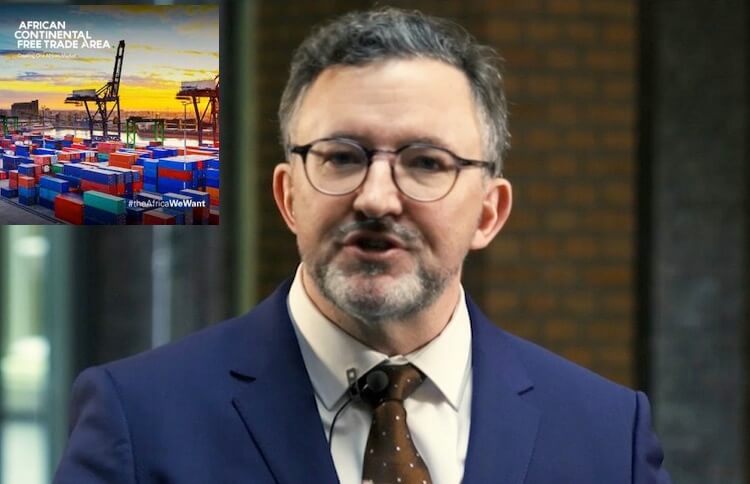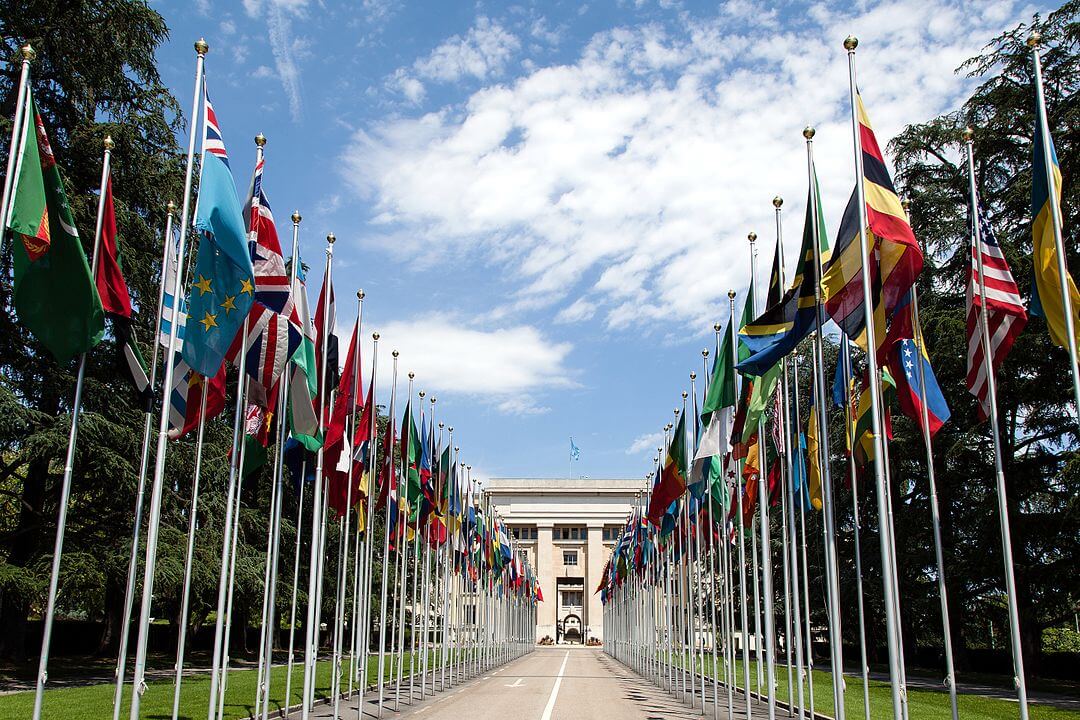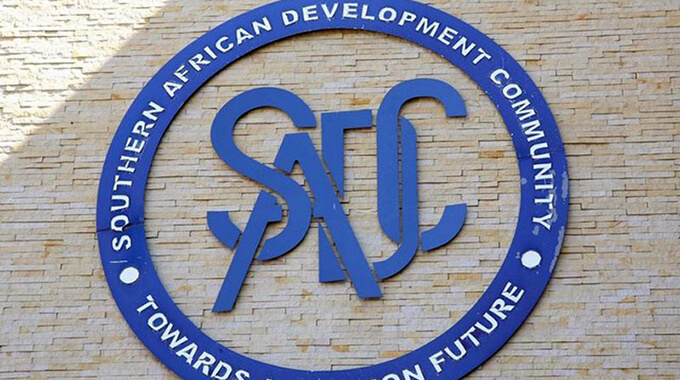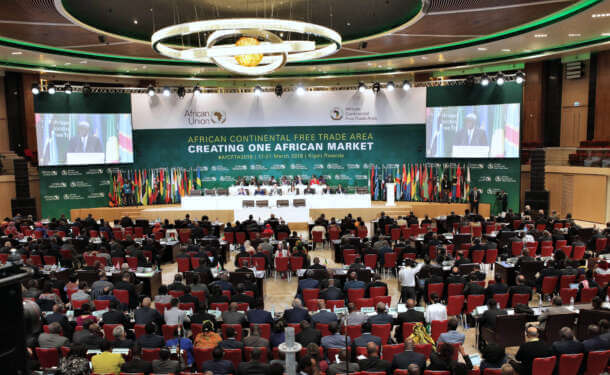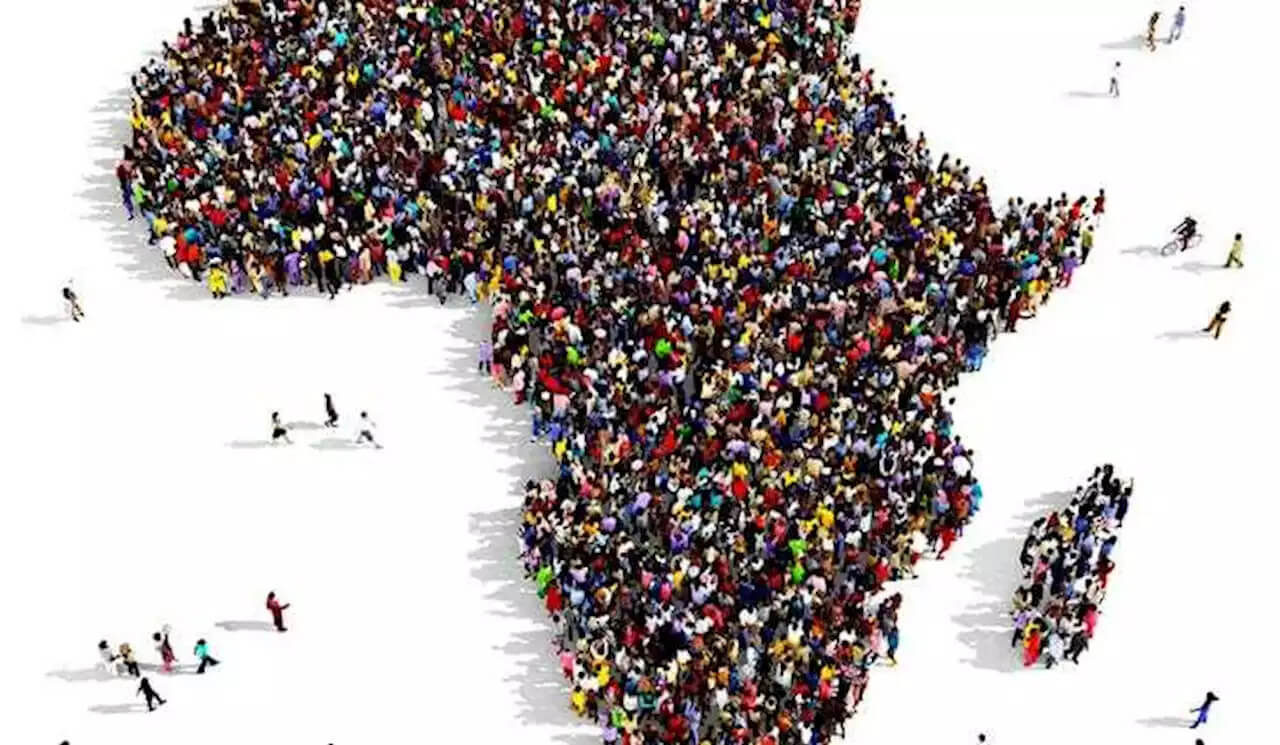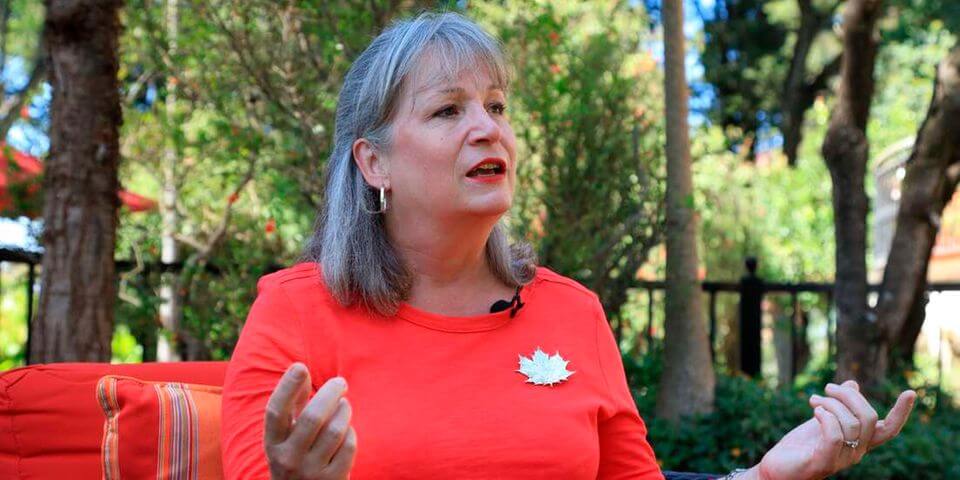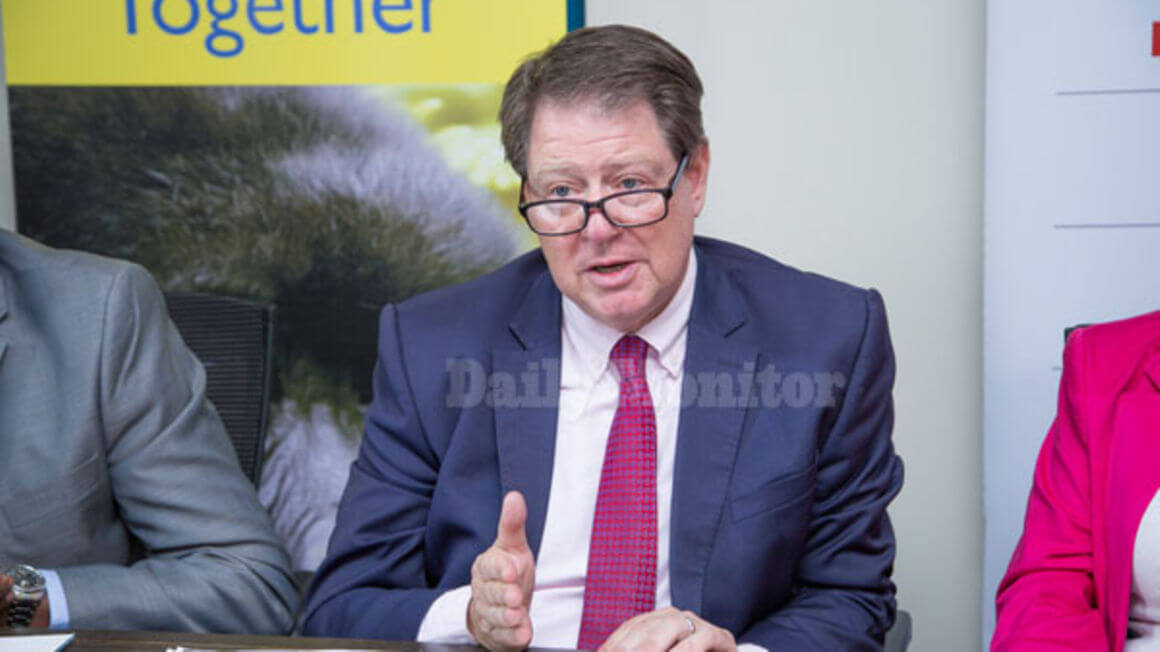BULAWAYO, Zimbabwe (IDN) — The long-awaited African Continental Free Trade Area (AfCFTA)—set to be the world’s biggest free trade zone by size—which entered into force on January 1, 2021, promises a new era for African trade. An Africa-wide free-trade pact could bolster the region’s income by $450 billion and lift 30 million people out of extreme poverty by 2035, if accompanied by significant policy reforms and trade-facilitation measures, according to the World Bank. When fully operational, the Free Trade area will create a market of 1.2 billion and drive a combined GDP of $2.5 trillion. Dr Wim Naudé, Professor of Economics at the Department of Economics with the Cork University Business School in Ireland, explains: Trade is one of the great engines of economic growth and prosperity as it allows countries to specialize in production and diversify in consumption. Specialization in production allows for learning, innovation and higher productivity. Exchanging this for goods from elsewhere leads to higher consumption and welfare than what a country would be able to achieve in economic independence. “The free trade area will strengthen all of these effects as there will be fewer barriers to access markets, larger markets, more choice for consumers, more competition to pressurize firms to be more productive,” Naudé tells IDN in an interview. Here important excerpts: Question: Given the differences in economies across Africa, not to mention different trade policies, and in many cases barriers that exist in Africa, how do you see this free trade area harmonizing trade in...
African Free Trade Area Expected to Lift Millions out of Extreme Poverty and Boost Growth
Posted on: April 7, 2021
Posted on: April 7, 2021

